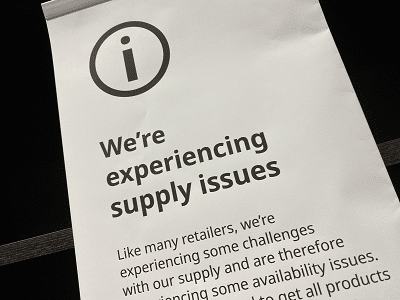No questions asked: cancer is a 5-letter word no pet owner wants to hear. And as pets are living longer, diseases, like cancer, that come along with aging, can occur. National Pet Cancer Awareness month was established to inform the public on prevention, what to look for, and treatment of cancer in pets.
Pets have a risk of developing different types of cancer just as humans do. Cancer is quite common in dogs and less so in cats. Certain breeds of dogs have a higher risk of developing cancer at a young age, but most often cancer is diagnosed in middle-aged and senior pets.
Over 100 types of cancers affect our animal companions. Some of the types of cancers diagnosed in pets are the same types as those in humans, including mammary gland cancer and lymphoma; with leukemia being the most common type of cancer diagnosed in cats.
Some common types of cancers diagnosed in companion pets are:
- Blood and lymphatic cancers (lymphoma and leukemia)
- Skin cancer
- Mammary gland (breast) tumors (in unspayed pets)
- Mast cell tumors
- Bone cancers
- Oral cancers
- Abdominal organ cancer (e.g. spleen, liver)
The cause of many pet cancers is unknown making prevention difficult; however certain cancers can be prevented. Taking the following steps can reduce the incidence of certain cancers:
- Spaying reduces the risk of mammary gland cancer in cats and dogs.
- Neutering entirely eliminates the risk of testicular cancer.
- Keeping your pet out of the sun, especially between the hours of 10am and 2pm reduces the risk of some forms of skin cancer.
- Vaccinating your cat with the feline leukemia vaccine prevents infection with the feline leukemia virus.
- Avoiding smoking in your home is thought to prevent some forms of cancer in dogs and cats.
Early detection and treatment is the best way to increase the life expectancy if your pet has cancer. The warning signs of cancer in pets are very similar to those in humans. Sometimes there are no obvious signs, so any time that your pet appears unwell or something is unusual, check with your veterinarian. Some warning signs to look for include:
- General malaise and lethargy
- Lumps, bumps, or discoloured skin
- Wounds that do not heal
- Enlarged lymph nodes
- Unexplained lameness or swelling of joints and bones
- Bleeding from the mouth, nose, or any other opening
- Difficulty eating
- Persistent diarrhea or vomiting
- Sudden weight loss
Many of the above signs can be seen with conditions unrelated to cancer, but still need prompt attention. If any of the above signs are observed in your pet, see your veterinarian for a diagnosis and treatment plan. Although frightening, a diagnosis of cancer does not necessarily mean that your pet won’t survive. If your pet is diagnosed with cancer, and depending on the type of cancer, treatment can be successful if the disease is caught early.
Take your pet to your veterinarian for regular wellness checks. Get into the habit of checking your pet over at home between check-ups – this way you know what is normal for your pet, allowing you to seek veterinary care sooner if you notice something unusual.
LifeLearn News
Note: This article, written by LifeLearn Animal Health (LifeLearn Inc.) is licensed to this practice for the personal use of our clients. Any copying, printing or further distribution is prohibited without the express written permission of Lifelearn. Please note that the news information presented here is NOT a substitute for a proper consultation and/or clinical examination of your pet by a veterinarian.










